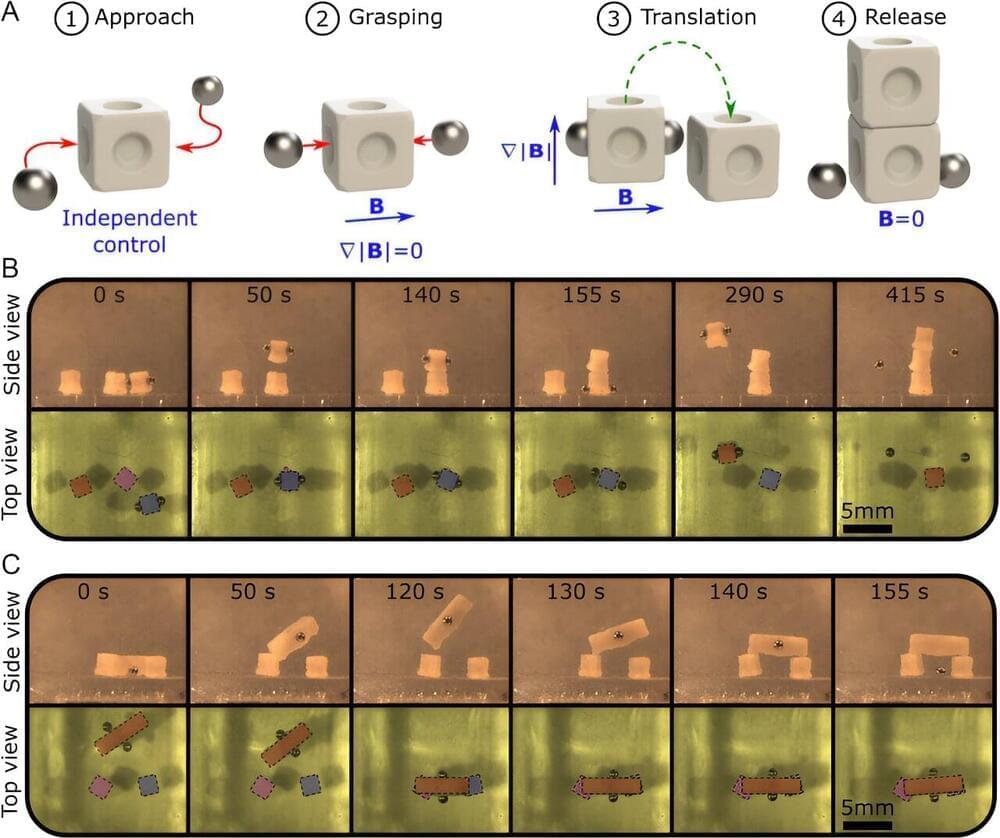D-ID, the Tel Aviv-based startup best known as the tech behind those viral videos of animated family photos, is bringing its AI video technology to a new mobile app, launching today. Originally available as a web platform, D-ID’s Creative Reality Studio allows users to upload a still image and script and then turn that into an AI-generated video. The technology can be used to create digital representations of themselves, historical figures, fictional characters, presenters or brand ambassadors.
Early use cases the company had been targeting involved corporate training and education, internal and external communication from companies, and product marketing and sales, TechCrunch previously reported.
Now available on mobile, users will download the D-ID app from the App Store or Google Play and then create an account or log in, if already registered. On the selection screen, you can either pick a premade “digital person” that D-ID provides or upload an image from your phone’s photo library. You’ll then enter the text you want the digital person to say, choosing from 119 languages, as well as pick between male and female voice options. You can also choose the tone of the speech — like cheerful, excited, friendly, hopeful, newscast, sad, shouting, terrified, unfriendly, whispering and others.









